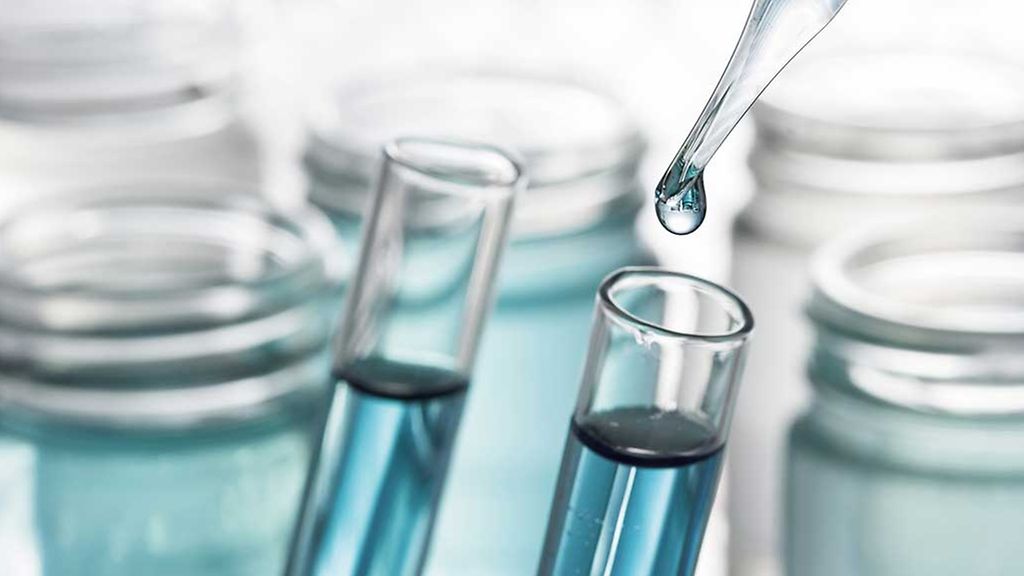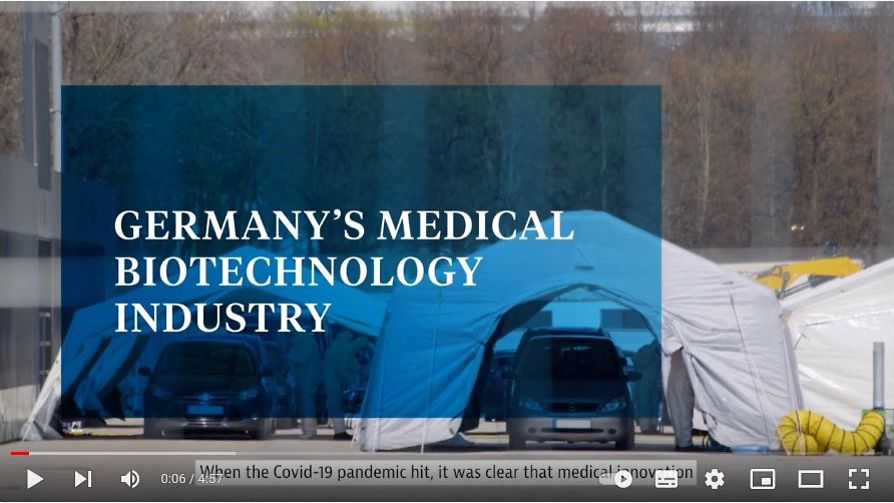Medical Biotechnology
Where Science, Innovation and Quality Meet
Germany’s biopharmaceuticals sector increased turnover by 14 percent last year, with the country’s biotech companies as important actors in the fight against Covid-19.
Germany is the world’s leading medical biotech nation behind the US. The industry’s strength comes from the presence of long-established and start-up companies alike. Industry, government, and the research sector are pulling in one direction to build on the thriving sector’s already strong market foundations. With the largest amount of biotech companies in Europe, world-class research infrastructure, and internationally renowned scientists, Germany has firmly established itself as an international medical biotechnology hub.





